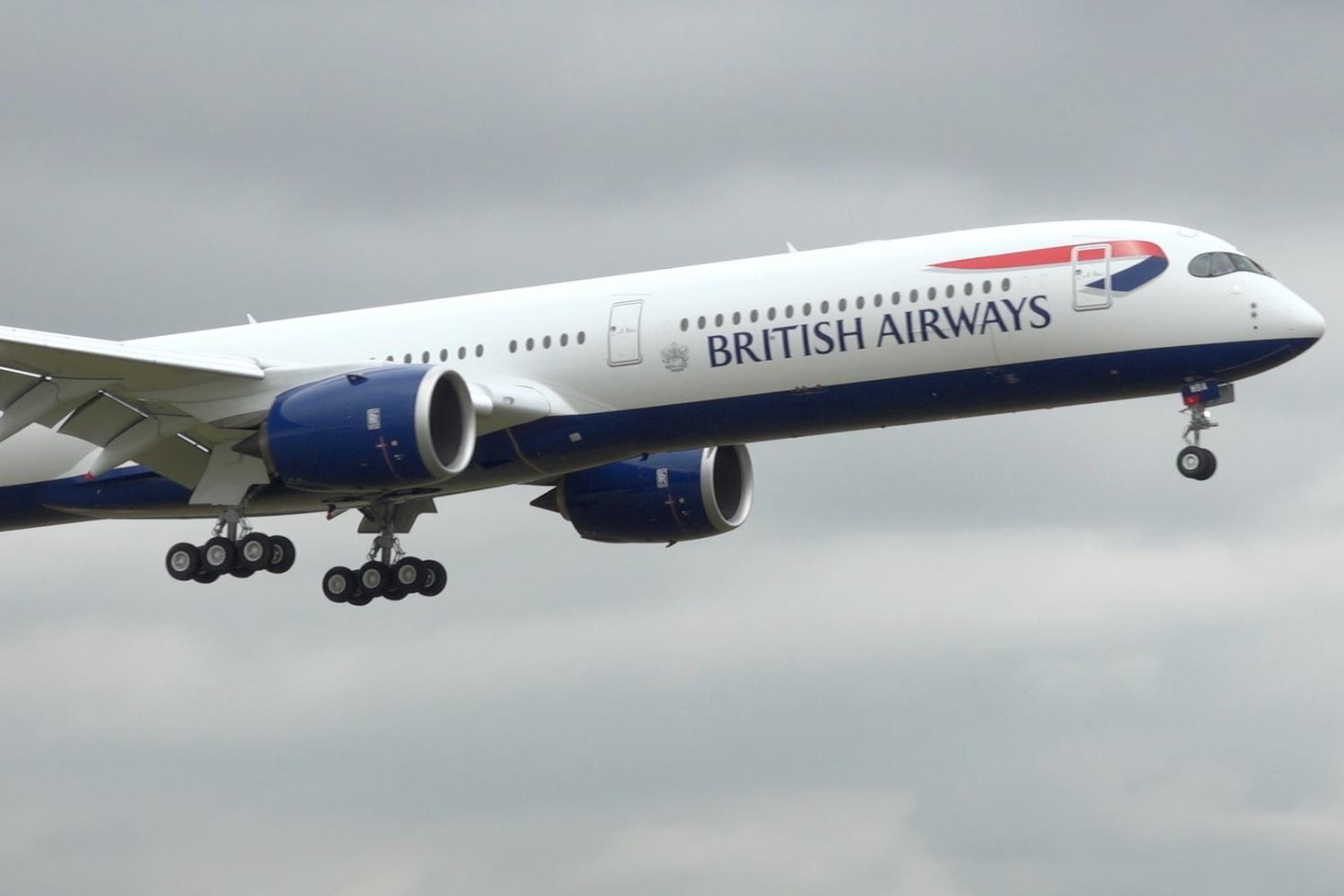
Last week, International Airlines Group (IAG) became the first airline group in the world to set a net-zero carbon emissions goal, which it plans to achieve by 2050.
As part of the commitment, IAG’s largest operating company, British Airways, will offset its domestic flight emissions beginning next year. In the near term, IAG will primarily reach its goal through offsetting—by British Airways and its other companies, such as Aer Lingus and Iberia—as well as significant investments in sustainable fuels and by replacing older aircraft.
Airlines have made offsets available to their customers for years, although uptake was never strong. In 2018, however, airlines with international routes agreed to offset any emissions over 2020 levels starting in 2021, under a U.N. agreement called the Carbon Offsetting and Reduction Scheme for International Aviation (CORSIA).
British Airways' announcement marks the first time an airline has pledged to offset all domestic air travel emissions. Much like Honda’s recent announcement about its large renewable energy investment, corporations in the transportation sector taking a stand to act on climate change sends a powerful message.
Some groups have been critical of offsets as a strategy in the transportation industry, and for airlines in particular. Criticism is not without merit when looking at the history of offsets. When offset programs first began, they typically involved projects like planting trees—which, while extremely worthwhile, take 20 to 30 years to reach fruition. Such projects also led to challenges in accountability and counting carbon equivalents.
However, as the offset market has matured, so have both the projects and the accounting and transparency standards. For example, more common offset projects now include initiatives like methane capture for biogas from dairy farms and landfills, investment in wind farms, and financing for international aid projects that come with multiple environmental benefits including carbon emissions and beyond, such as distributing clean-burning cooking stoves.
Further, critics say the airline industry should do more than offset, especially in light of the the fact that it accounts for about 2 percent of global carbon emissions and its impact has been rising in recent years. The problem with existing technology solutions for air travel, as opposed to road or rail travel, is that using electric and hybrid airplanes is simply not an option in the near-term. Although technology is advancing, for long-distance flights, it's simply not there yet.
The key factor to note in IAG’s announcement is that while the bulk of the early reductions will be made through offsets, its commitment also includes other initiatives. In addition to investing in sustainable fuels and replacing older aircraft with newer, more efficient models, IAG says it plans to reduce weight and waste on board aircrafts, reduce energy use and increase the deployment of renewable energy, expand electric vehicle fleets, and invest in the development of hybrid and electric aircrafts.
While some of these investments aim to reduce emissions from the company's overall operations, not just flying, investment in improved efficiency and advanced technologies will address emissions directly related to those long-distance trips. With any luck, British Airways will soon go far beyond its domestic offsetting program.
Just like every other component of addressing climate change, there is no silver bullet in the transportation sector. IAG’s plan is a good first step, and hopefully one that other companies will follow. Still, there is considerable work to be done.
Image credits: British Airways and Nathan Hobbs/Unsplash

Kate is a writer and policy wonk, with a focus on water, clean energy, climate change and environmental security. She spent over a decade running energy-water nexus and energy efficiency programs at Environmental Defense Fund as well as time at the U.S. Departments of Energy and Defense, U.S. Government Accountability Office, and state and federal legislatures. She serves as an Advisory Board member of CleanTX, which aims to accelerate the growth of the clean tech industry in Texas.














